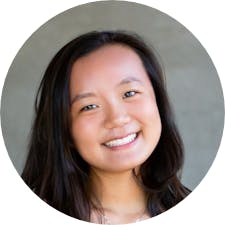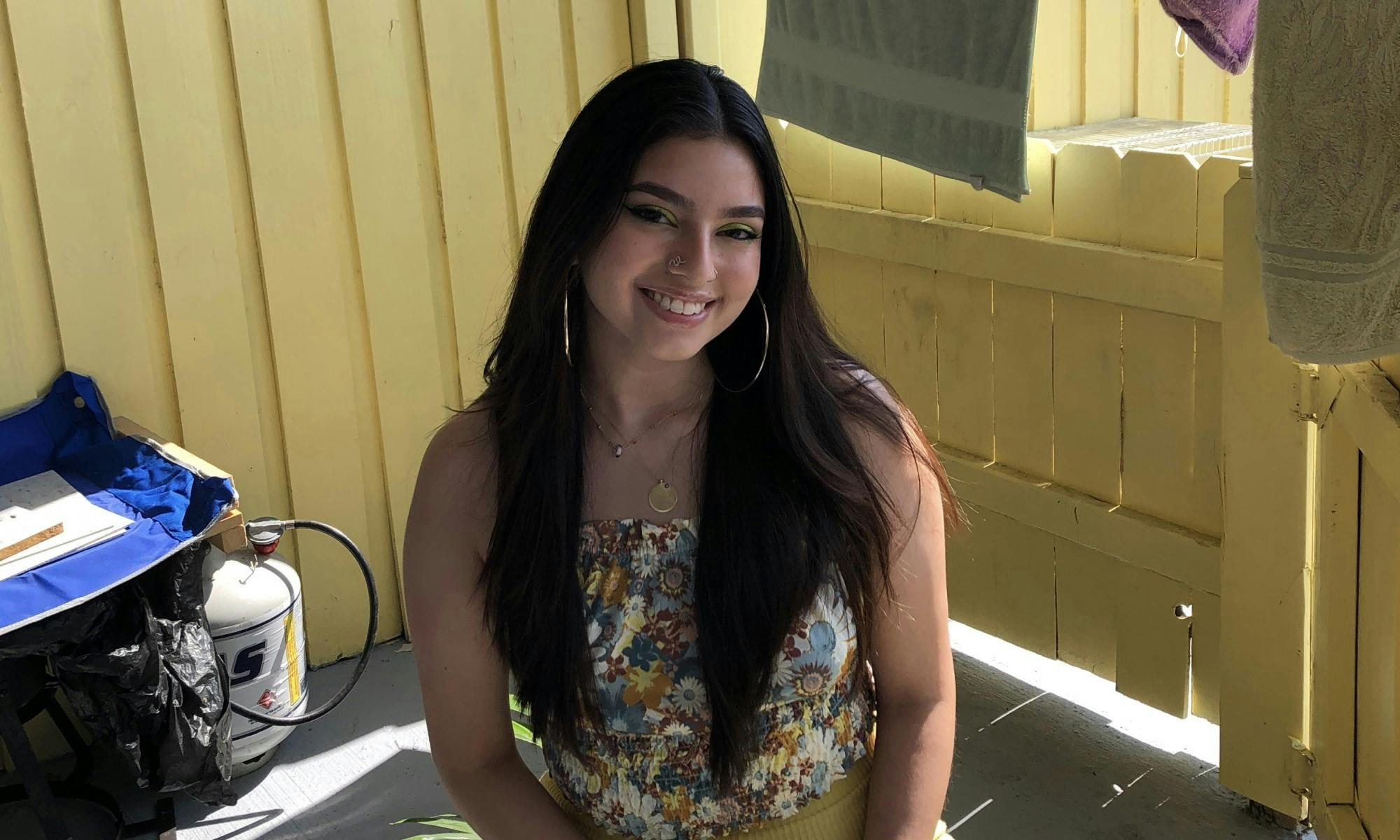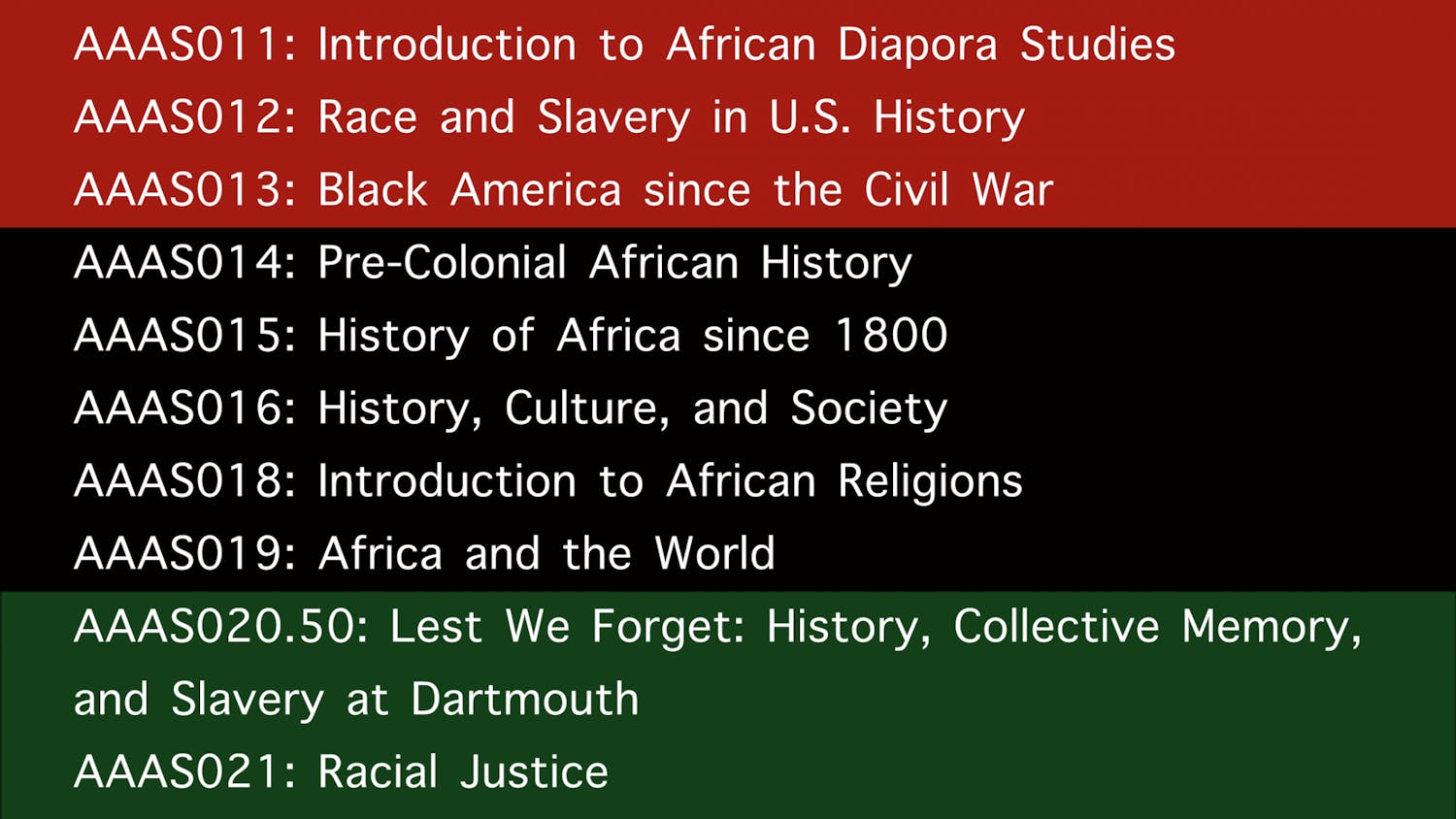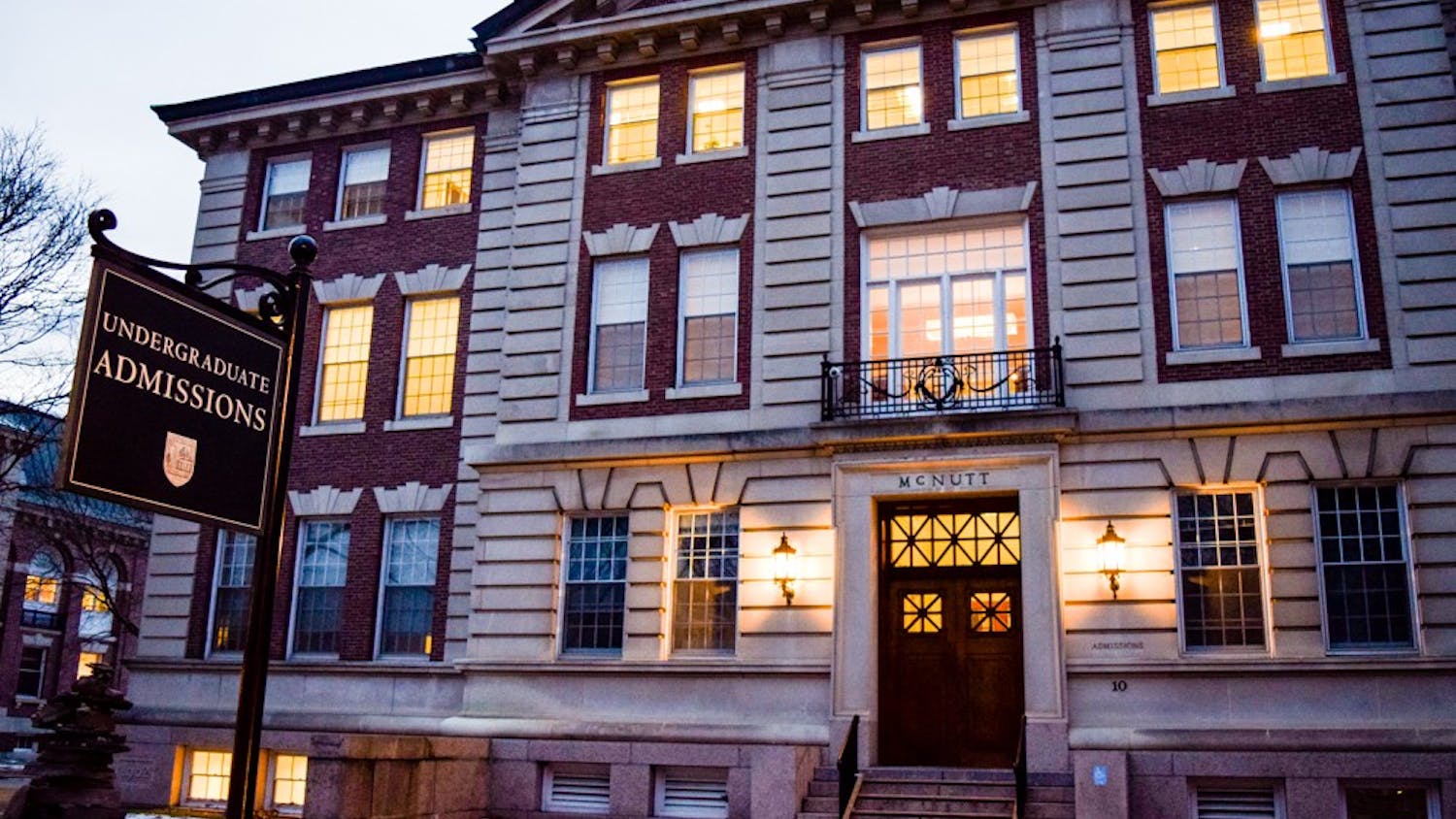On April 5, Mariana Peñaloza Morales ’22 was named one of 16 recipients of this year’s Beinecke Scholarship, an award given by the Sperry Fund to “exceptionally promising” college juniors. Upon graduation, Peñaloza Morales plans to use the Beinecke Scholarship — which includes a $34,000 grant toward graduate school study in the arts, humanities or social sciences — to pursue a Ph.D. in the field of American studies or geography.
Dartmouth is among one of approximately 135 higher education institutions invited to endorse one junior applicant per year for a Beinecke Scholarship, according to the scholarship program’s website. The award aims to benefit students who might not otherwise be able to consider graduate school because of financial constraints and family obligations, according to assistant dean of faculty for fellowship advising Christie Harner.
Peñaloza Morales hails from Miami, Florida and is the child of immigrants from Colombia and Peru. They are pursuing a double major in geography and Lusophone studies modified with African and African American studies, Latin American, Latino and Caribbean studies and women’s, gender and sexuality studies.
“I’m interested in interdisciplinary study,” Peñaloza Morales said. “That’s one of the reasons why I’m both a languages major, but also a social science major, because I’m really interested in interdisciplinarity and the different intellectual traditions and histories that come with that.”
Originally, Peñaloza Morales had their eyes set on law school, but their goals shifted in their sophomore year when they became a Mellon Mays Undergraduate Fellow, a program that encourages students from minority groups to pursue doctorate degrees and enter academia. After their experiences talking with professors through the Mellon Mays program, Peñaloza Morales said they adjusted their focus to what they were actually interested in: “reading, writing and thinking.”
Peñaloza Morales said that the scholarship is an opportunity to provide some security for them and their family, which they said will be especially helpful given the realities of being a low-income student and the financial challenges that graduate students, who are often underpaid, typically face.
“$34,000 is more than my parents make combined, so it’s absolutely bizarre and shocking to wrap my head around [winning] that because it’s not necessarily a large number, but it is much larger than anything that I’ve ever experienced,” Peñaloza Morales said.
Harner said that the Beinecke Scholarship selection criteria is “two-fold.” First, Harner said, the Committee on Graduate Fellowships looks for students who show academic excellence, promise for entering graduate school and a commitment to sharing that discipline with others through teaching, public engagement projects or activism. The second criterion is a documented history of need-based financial aid.
“Mariana is working in a number of ways at the level of a graduate student, in the sense that she’s writing curricula, working with faculty at other institutions and is part of organizations in her field that share her discipline not only with other students and with other academics, but also in the public,” Harner said. “It was just incredible to see how many people she touched.”
Harner noted that Peñaloza Morales’s letters of recommendation were “incredible” and among “some of the most enthusiastic and infusive” she has read recently.
Professor of history and Latin American, Latino and Caribbean studies Pamela Voekel wrote one of Peñaloza Morales’s letters of recommendation. She met Peñaloza Morales at the beginning of last summer, when she reached out to them as one of the leaders of Dartmouth Student Union to ask them to join a project called Study and Struggle, a political education organization that aims to prevent criminalization and incarceration in Mississippi.
During the summer, Peñaloza Morales was the only undergraduate on the team’s curriculum committee. Voekel noted Peñaloza Morales’s commitment to the “communal ways knowledge is produced and consumed.” They dedicated themselves to translating materials to ensure immigrant communities and incarcerated individuals who did not read English could have the information available in their native language, Spanish, Voekel said.
“Mariana absolutely was a star over the summer,” Voekel said. “She was really the driving force behind saying, ‘We have to translate these materials! This is not educational equity if it’s only in English.’ It took a lot of energy.”
Voekel added that Peñaloza Morales’s readings of some of the texts that she has taught in her class for years have transformed the way she now thinks about them.
“She’s a brilliant reader of texts,” Voekel said. “I always learn something. I always want everyone to be quiet when Mariana is talking because she’s just so insightful, so energetic and so interdisciplinary.”
Professor of Spanish and Portugese and Latin American, Latino and Caribbean studies Carlos Cortez Minchillo wrote another of Peñaloza Morales’s letters of recommendation for the fellowship.
According to Minchillo, Peñaloza Morales knew they wanted to learn Portugese as soon as they came to the College.
“She was taking Portuguese 1, but then she would stay in the room in this advanced class of Portuguese 20 and so somehow she took two course of Portuguese at once — one advanced and one basic language course,” Minchillo said.
During the winter term of 2019, Peñaloza Morales became Minchillo’s student for the first time, joining his class, Portuguese 63.02, “There Won’t Be a World Cup: Social Shifts in Contemporary Brazil,” to learn more about the society and politics of Brazil.
“Her enthusiasm for politics, for studying Portuguese and her intellectual curiosity were so, so clear to me,” Minchillo said. “She stood out as a student and as a person very, very engaged in her goals and her academic life.”
Peñaloza Morales is also active in many organizations on campus. They said that their two current main involvements are the Dartmouth Student Union, of which they are a co-founder, and the Dartmouth Palestine Solidarity Coalition.
After graduate school, Peñaloza Morales wrote in an email statement, they hope to start teaching and to return home to Miami, Florida to “work for any one of the incredible, radical organizations, like the Dream Defenders, Engage, PowerU or the Miami Workers Center, working on political education programs.” They noted they “will always be a student, too, practicing engaged pedagogy in all aspects of [their] life.”





